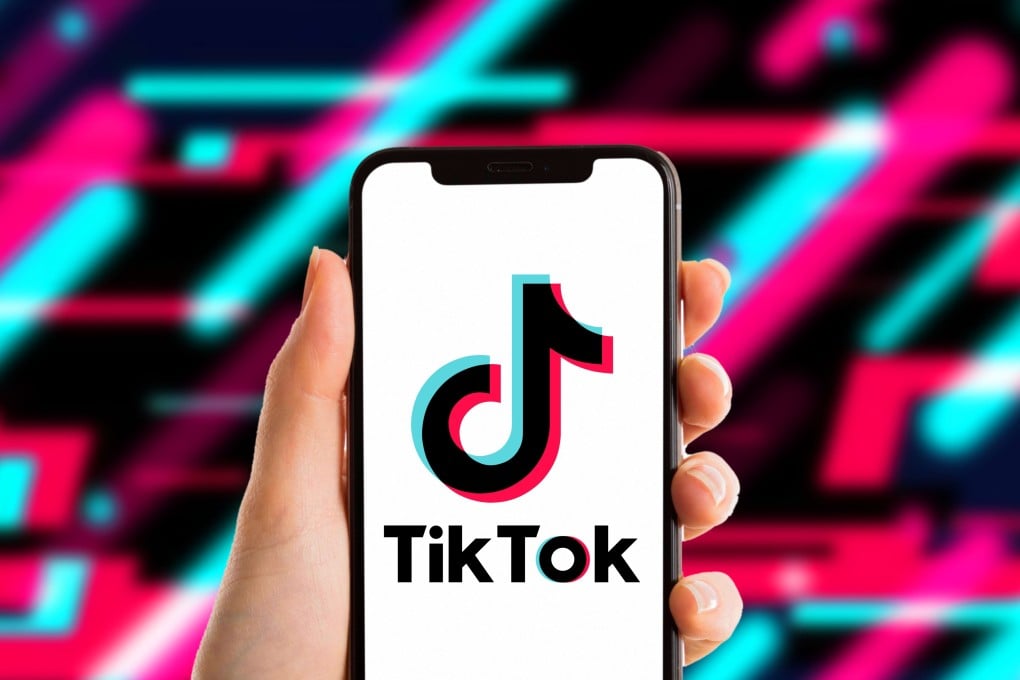My Take | TikTok ruling means today may be dark one for free expression
US Supreme Court decision risks denying 170 million users in America access to the platform and is a sign of the times amid bilateral tensions

The US Supreme Court’s hurried ruling leaving TikTok facing a ban allowed national security interests to trump freedom of expression. It sets a bad precedent.
As one of the judges said, the law requiring the popular video-sharing site to sell to a non-Chinese owner or cease its US operations is a dramatic way of easing the government’s security concerns. But he upheld it anyway.
The ruling means TikTok may, to use its own words, “be forced to go dark” today when a ban kicks in. It would be an extraordinary step to take, denying 170 million users in the United States access to the platform.
Ironically, Donald Trump, who returns to the White House tomorrow, might turn out to be the company’s saviour. He tried to curb TikTok’s operations during his first presidency, but asked the court to temporarily halt the law to give him time to find a political solution. After the judgment, Trump promised his decision will be made soon.
This case is a sign of the times. While the ruling concerned constitutional considerations, the political backdrop cannot be ignored. It is a by-product of bilateral tensions, with the US adopting numerous measures to contain its “foreign adversary”. But the ruling has wider implications, as governments around the world become increasingly concerned about the role of social media sites in potentially undermining national security.
TikTok’s hopes rested on the court finding that the first amendment to the US Constitution, protecting free speech, was breached by the law targeting the platform.
